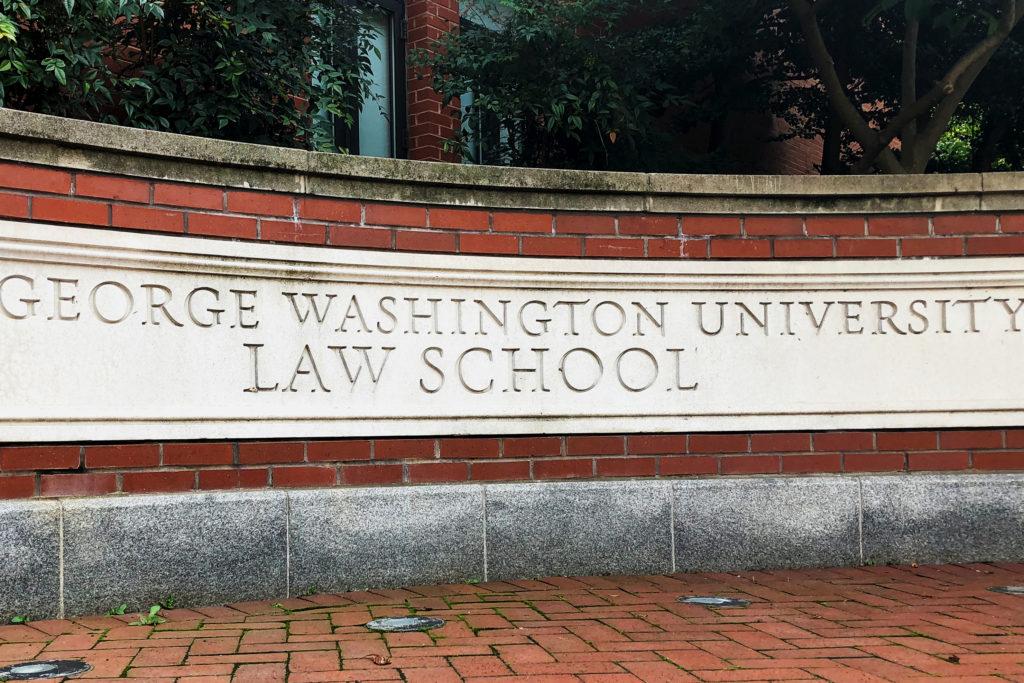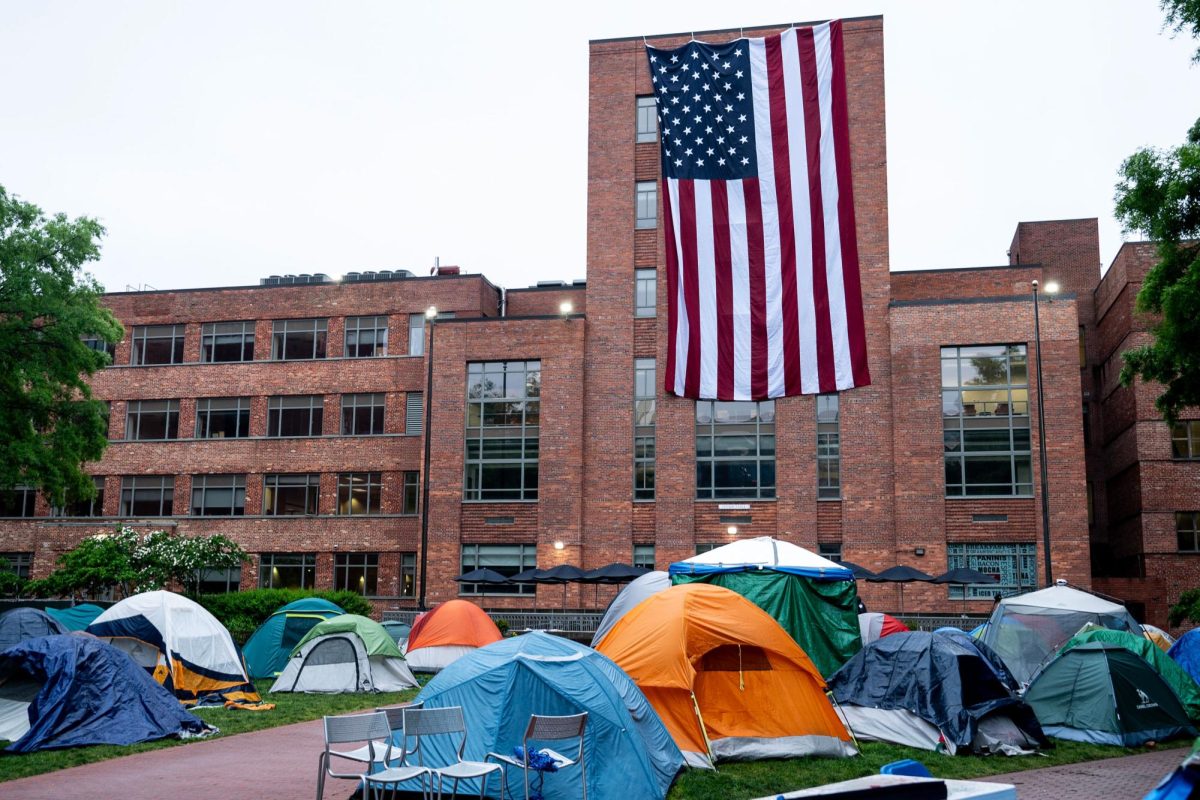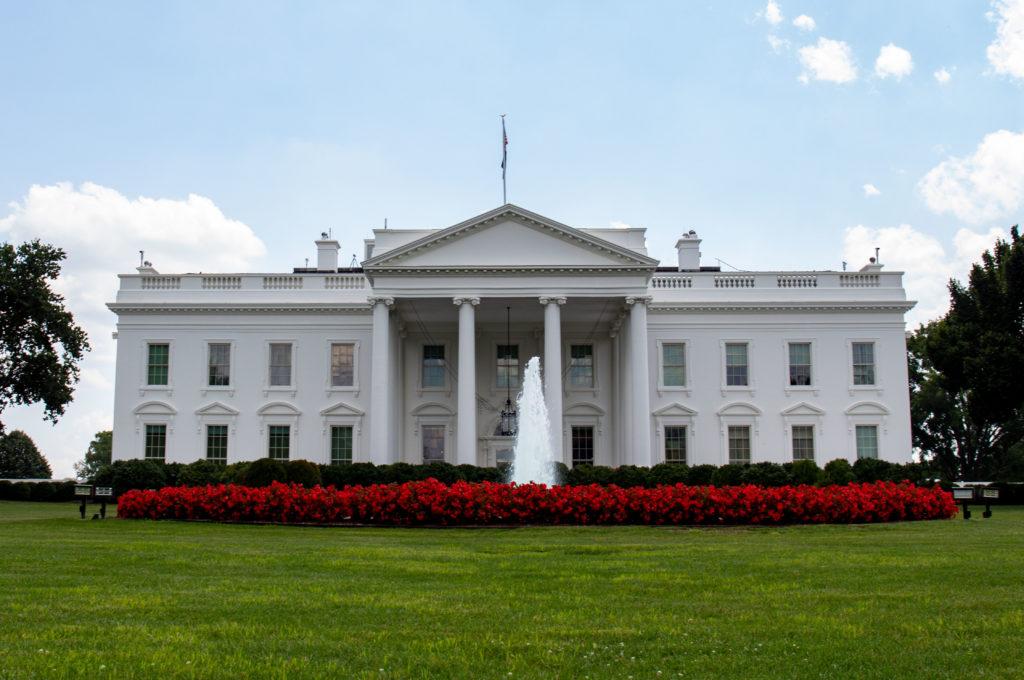Legal experts discussed the importance of viewing animal law cases through a scientific lens during a virtual event Thursday.
Kathy Hessler, the assistant dean of the Animal Law Program at GW Law, and Elizabeth Baker, an animal rights lobbyist and the director of research at the Physicians Committee of Responsible Medicine, said litigation and lobbying efforts related to animal law should involve scientists because they help judges, juries and lawmakers understand how best to aid animals. The Animal Legal Education Initiative, dedicated to helping people understand animal law, hosted the webinar as the first installment of the Animal Law Science Project.
Hessler said scientists should be involved in all steps of animal lawsuits by giving testimony in court as witnesses, presenting as experts or by contributing to briefs so they can help judges and juries understand scientific information about animal law.
“There are lots and lots of roles for scientists within the legal setting,” Hessler said.
Hessler said judges and juries do not often have a scientific background to understand some of the evidence. She also said lawyers may not understand the limitations of certain studies and inaccurately apply them to other contexts.
“It’s useful when lawyers and scientists are deciding to work together,” Hessler said.
Baker said she lobbied in 2018 for the California Cruelty-Free Cosmetics Act to ban the sale of cosmetics tested on animals beginning in January 2020 in California. Since passing the law, ten other states have passed similar legislation banning the sale of cosmetics tested on animals.
“We had scientists that were coming to the lobbying meetings with us to drum up support for this bill,” Baker said. “Scientists testified in support before the committee. They also did press and media days.”
Baker said she and others also lobbied the Food and Drug Administration for years to get Congress to set aside $5 million in funds to reduce animal testing. Congress granted this funding in the appropriations bill signed at the end of 2022, which Baker said was a success of including scientists in their lobbying efforts.
“After Congress gave the FDA that money, we had this awesome moment where a congressional staffer told our team our joint advocacy on the issue strongly influenced Congress providing that $5 million,” Baker said.
Baker said scientists lobbying for animal rights should begin by contacting their members of Congress and seeing if they are a part of any committees relevant to animal law because these members are open to hearing from their constituents.
“These members of Congress are going to have an immediate interest in hearing from you and what you seek,” Baker said. “When I started lobbying, I found this really surprising.”
She also said scientists can invite their members of Congress to see their lab and facilities because they are “really proud” to see what is happening in their district.
“Get them jazzed about your science and capabilities and supporting your needs,” Baker said.
Baker said there are already many members of Congress who are interested in animal law and will already have an interest in meeting with scientists regardless of whether they live in the area they represent.
“It matters that you have something to say about the issue,” Baker said.











